The course Italian Workshop Laboratorio Italiano is designed to provide you with cultural, methodological, and linguistic competencies to enhance your intellectual and academic life in Italy and at the University of Bologna. Through this course, you will explore topics spanning various disciplinary fields (literature, art, cinema, history, science) that can enrich your understanding of Italian culture and society over time.
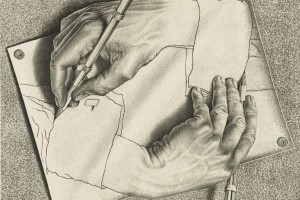
During the first part of the semester, the Laboratorio Italiano lessons introduce you to themes related to the history of the city of Bologna. Our course of study begins with medieval society, progresses through Renaissance and Baroque art, and culminates in the ideology of the anti-fascist Resistance in Bologna. Continue reading Italian Workshop – Laboratorio italiano [Italian]
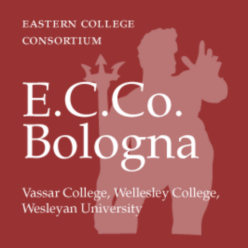


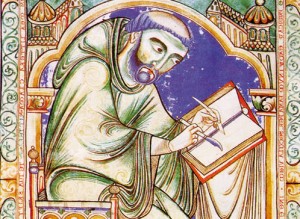
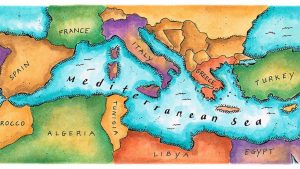
![Modern Italian Art: 1860-2000 [Art History]](https://eccoprogram.it/wp-content/uploads/2023/07/pellizza.jpg)
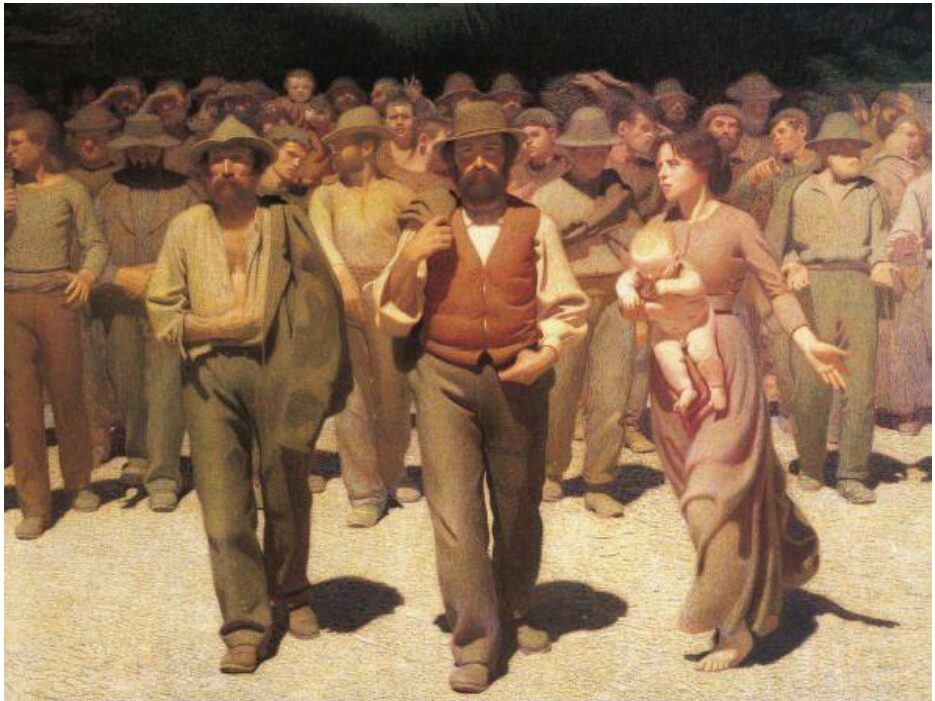
![The Cities of Emilia-Romagna on film [Film Studies]](https://eccoprogram.it/wp-content/uploads/2023/07/Amarcord-300x169-1.jpg)
![The Disobedient, the Abnormal and the Criminal in Italian Literature of the Long Nineteenth Century [Literature]](https://eccoprogram.it/wp-content/uploads/2023/07/816px-Leonardo_da_Vinci_-_RCIN_912495_Recto_A_man_tricked_by_Gypsies-239x300-1.jpg)
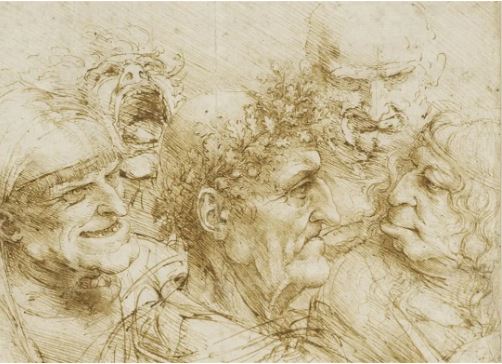
![To Read a City: Urban History of Bologna since the Medieval Period [Urban Studies/History of Architecture]](https://eccoprogram.it/wp-content/uploads/2023/07/torri-300x193-1.jpg)